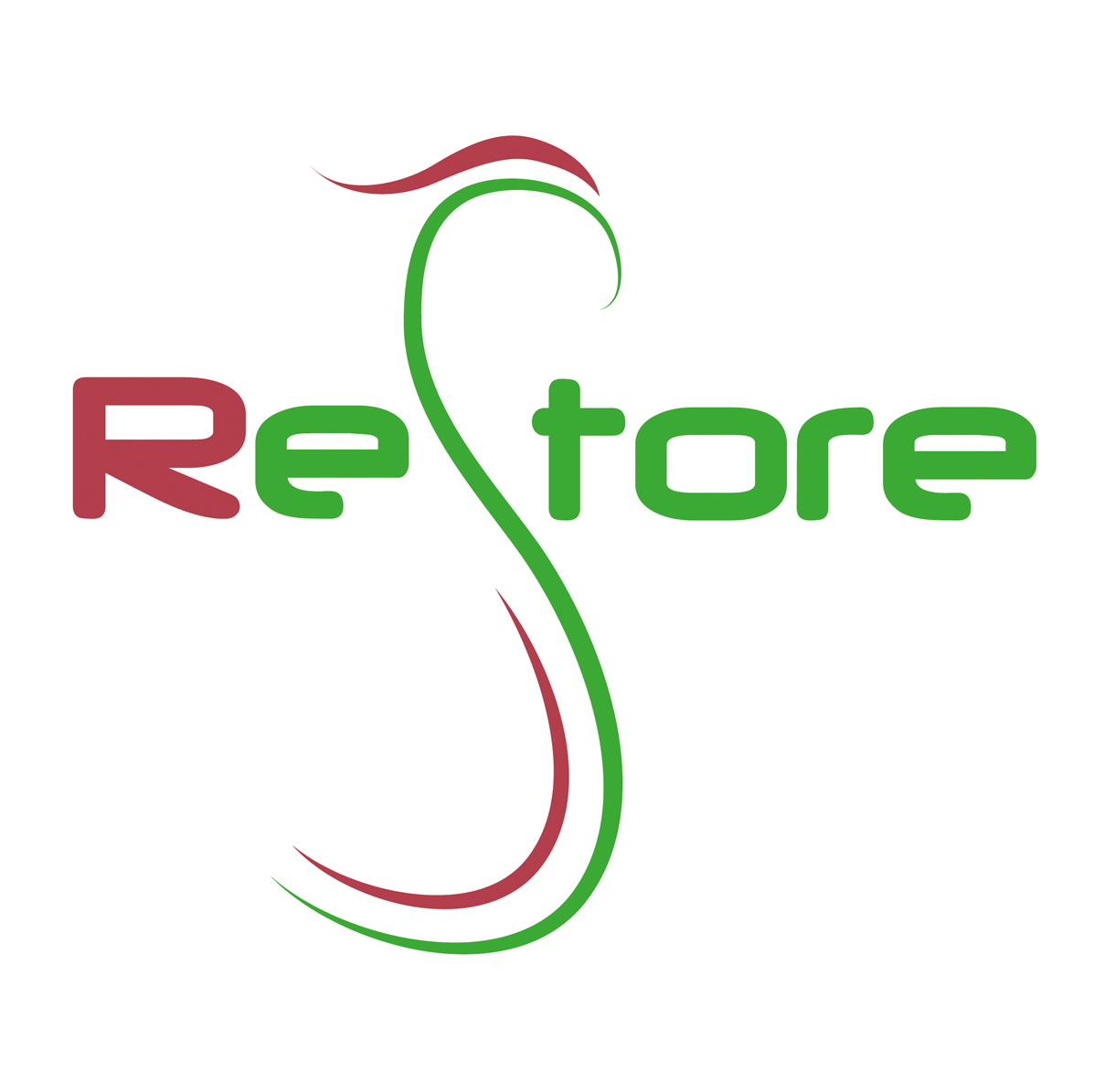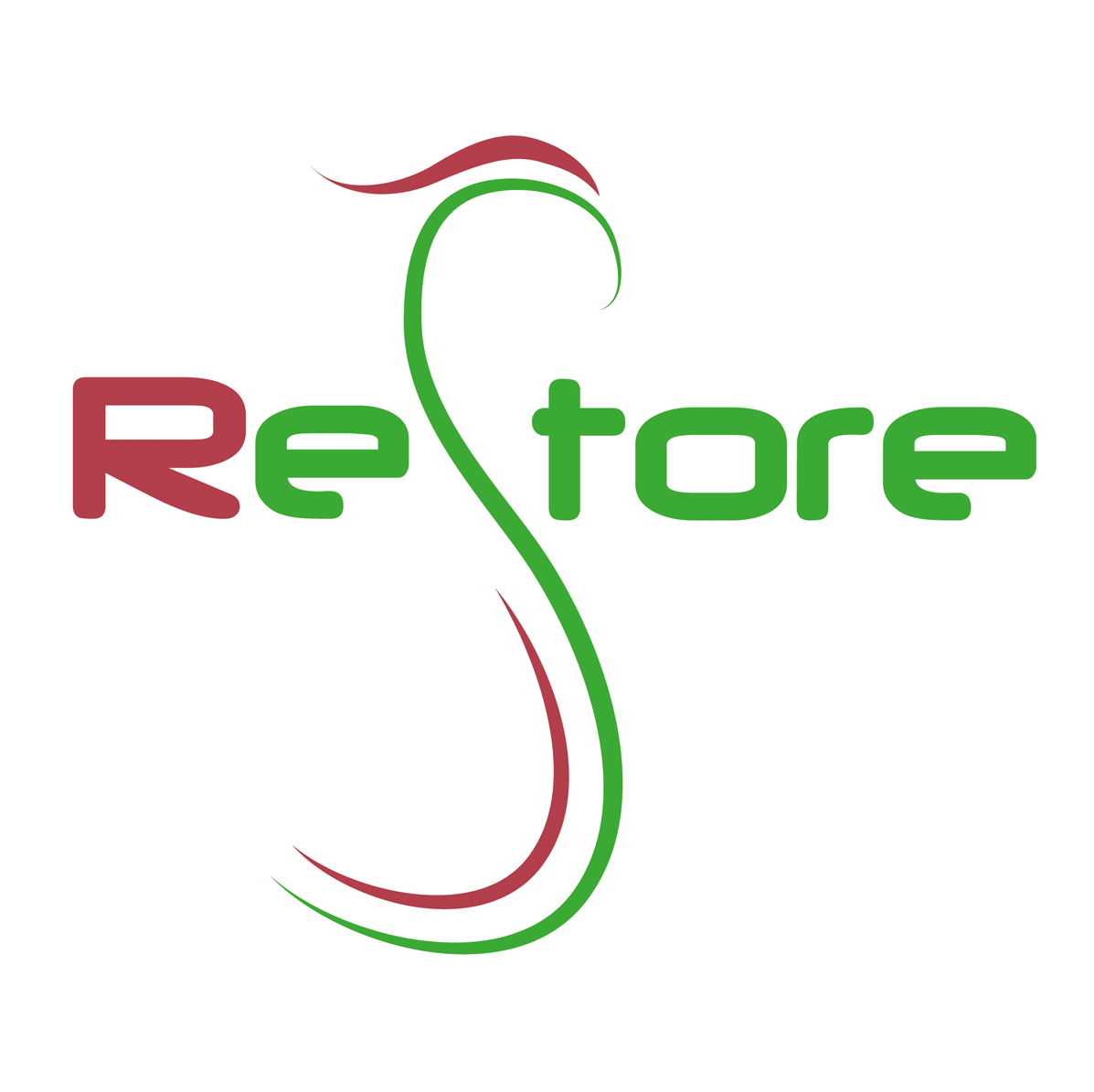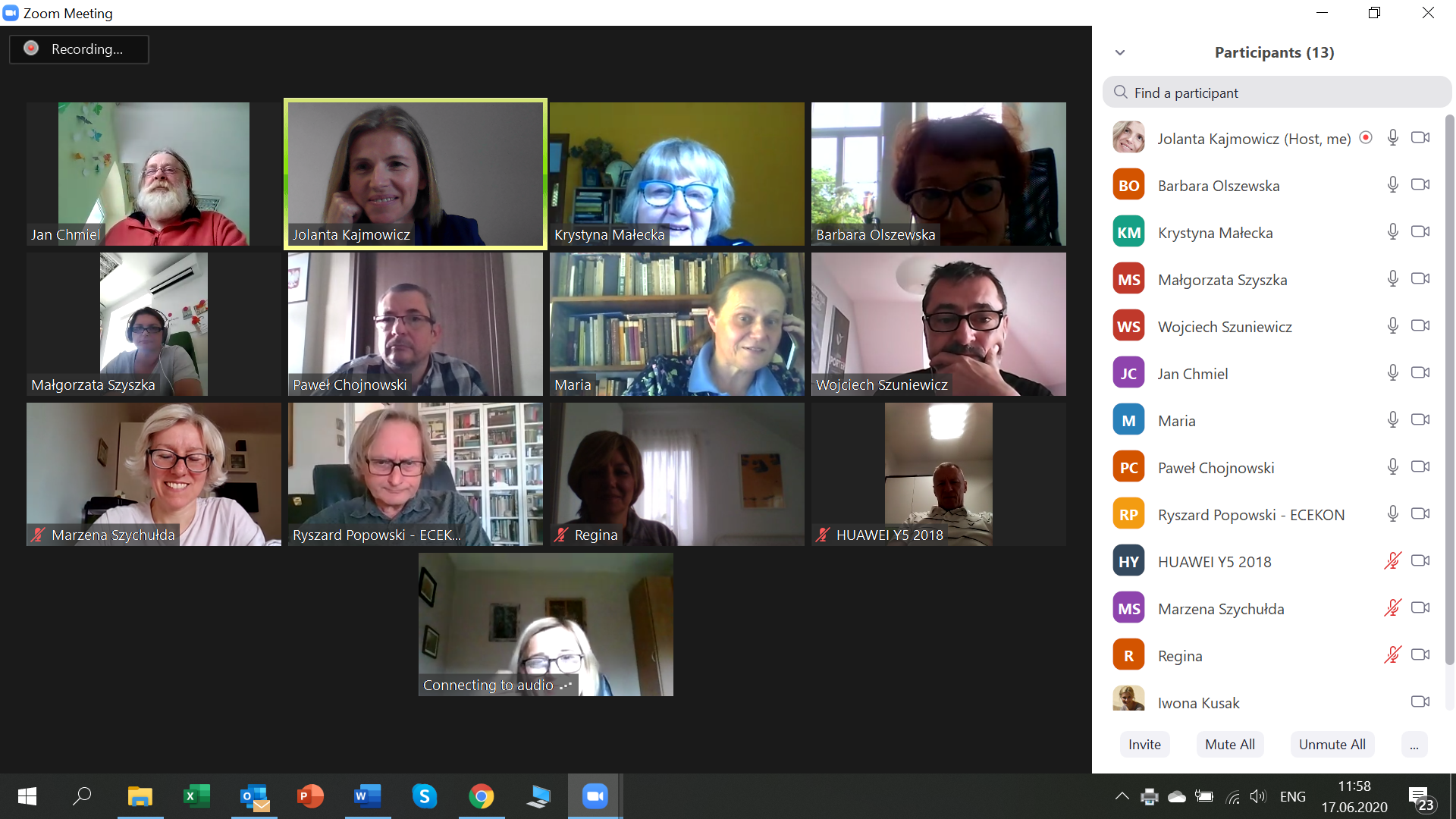The second round table organised by Bielsko Artistic Association Grodzki Theatre and involving thirteen social theatre practitioners from all over Poland took place on 19 June 2020 on the online platform Zoom. All participants were art facilitators and other professionals in the field of social theatre who have been largely involved in networking and lobbying activities aimed at supporting amateur cultural movements and theatrical movements. According to the results of the evaluation questionnaires, all the participants were enthusiastic about the RESTORE project and its potential for the whole community. They pointed out some important issues connected with the professional figure of the STO and also expressed their will to create a platform for wider communication and exchange between social theatre professionals all over Europe. Here below some extracts from the round table.
“I think that this project is very meaningful and this debate is ahead of its time! I believe that the profession of Social Theatre Operator will be something widely known and recognised in a few years from now. It might become the category of most wanted professionals in the labour market, as social issues related to human relationships and social dysfunctions are expected to increase. Undoubtedly, a demand for such workers as social theatre operators will arise in various institutions.”
“I am not sure if all the participants in this debate understand the difference between “theatre instructor” and “social theatre operator”. I think that it is important to better define these terms and to specify both the similarities and differences between them, paying special attention to specific goals of both professions. The discussions reinforced my conviction that each STO should have a solid experience in working with local communities and should be able to understand the meaning of social capital, local development, social animation and the rules of local community management. These competencies help to look at the field of social theatre from a wider perspective. The mission of the Social Theatre Operator is not only to strengthen the interpersonal skills of group members and their ability to act and interact, but also to initiate social change. Perhaps, this could be the subject of another debate.”
“Every STO should be able to ensure a safe space where the workshop participants can express themselves. He/she must have adequate knowledge and competencies to assess various aspects of a given working environment – from the architectural accessibility of the location to various psychological aspects. Taking the above into consideration, I don`t think that the creation of a new professional profile would be an appropriate solution. As far as I understand, it would lead to further isolation of people from disadvantaged groups and would not contribute to build inclusive social processes. Assuming that STO is someone appointed to lead theatrical groups dedicated solely to persons who do not respond to “normal” standards, this means creating new ghettos. I believe that a more holistic approach is needed, especially because the amateur theatrical movement has a great potential for building a society open to diversity, understanding, and the search for new forms of communication.”


